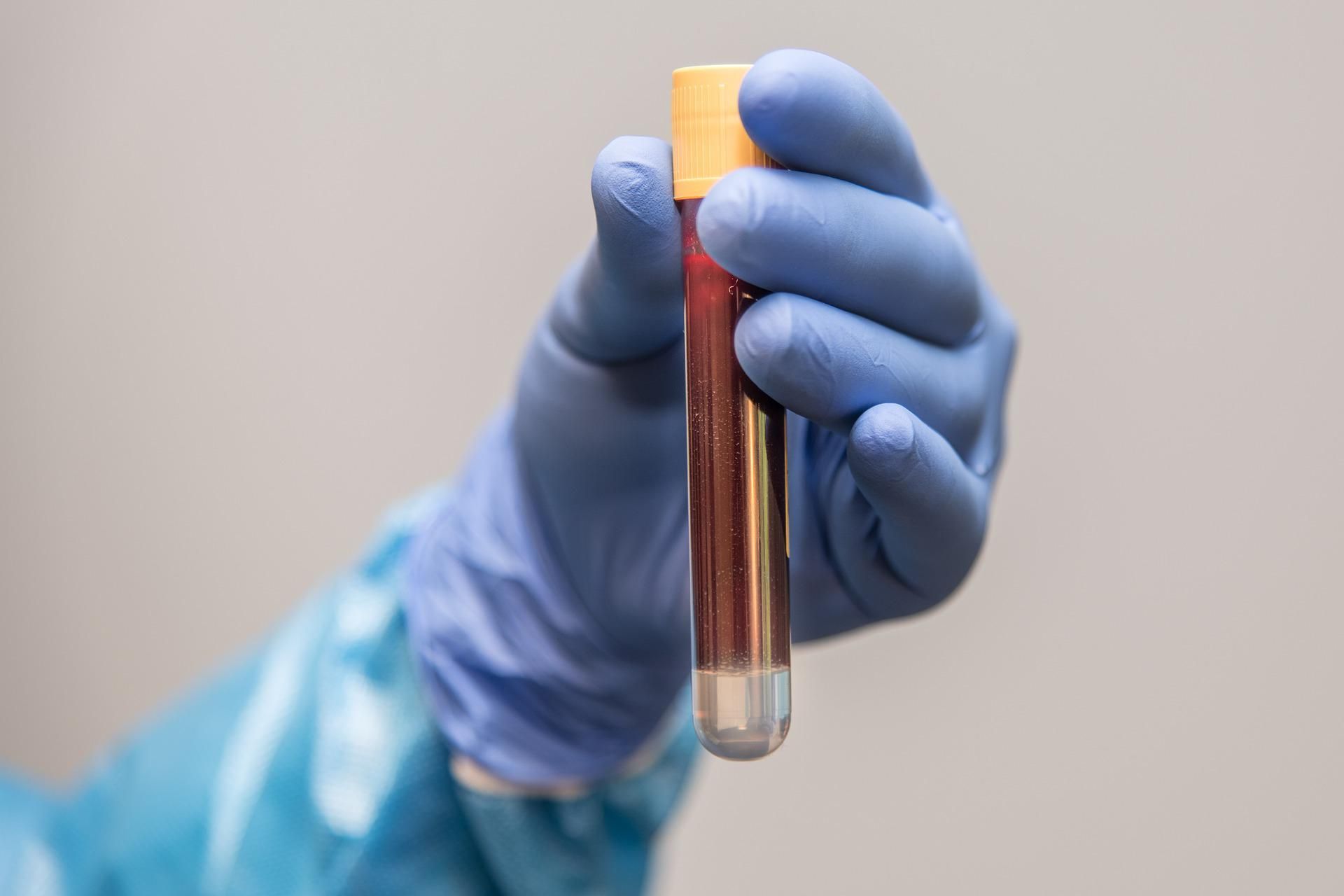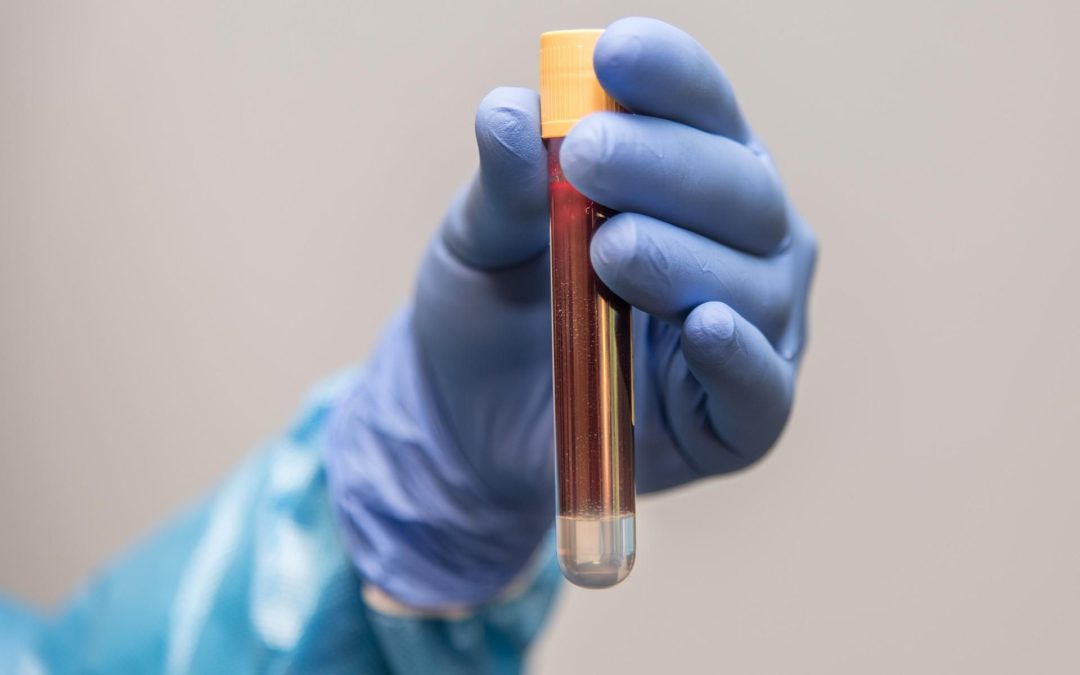
People with Down syndrome have three copies of one chromosome, chromosome 21, instead of two. Chromosome 21 contains a gene that codes for a protein, APP, that forms amyloid. As amyloid increases the risk of getting Alzheimer's disease, as many as 80 percent of those with Down syndrome also get Alzheimer's, often as early as in their 40s and 50s.
A new method developed by researchers from Sweden and the USA means that a blood test is the only thing needed to see if a person with Down syndrome has or is at risk of getting Alzheimer's. The researchers use a blood biomarker, P-tau217, to see if a person has or is at risk of developing Alzheimer's.
"With the simple blood test, we were able to detect both tau and amyloid pathologies with over 90 percent certainty, i.e. the disease-causing changes in the brain that show whether a person has Alzheimer's or not. We were also able to diagnose those who have not yet developed clear cognitive impairment due to Alzheimer's disease" says Oskar Hansson, professor of neurology at Lund University and one of the researchers behind the study, in a press release.
The researchers tested the method on 300 people with Down syndrome and found that the presence of P-tau217 was enough to detect Alzheimer's. This is important because it can be difficult to diagnose Alzheimer's in those with Down syndrome.
"Many do not know that Alzheimer's disease occurs significantly more often and at an earlier age in people with Down syndrome. It is also more complicated to diagnose Alzheimer's in a person with Down syndrome because there is a cognitive impairment that makes it more difficult to detect and it requires invasive procedures such as spinal fluid tests for the person to decide. Therefore, it is imperative to find a simple diagnostic method" says Oskar Hansson.
The researchers will now move ahead and evaluate the method in clinical practice. They will also use it to improve drug trials evaluating drugs aimed at Alzheimer's in people with Down syndrome.





